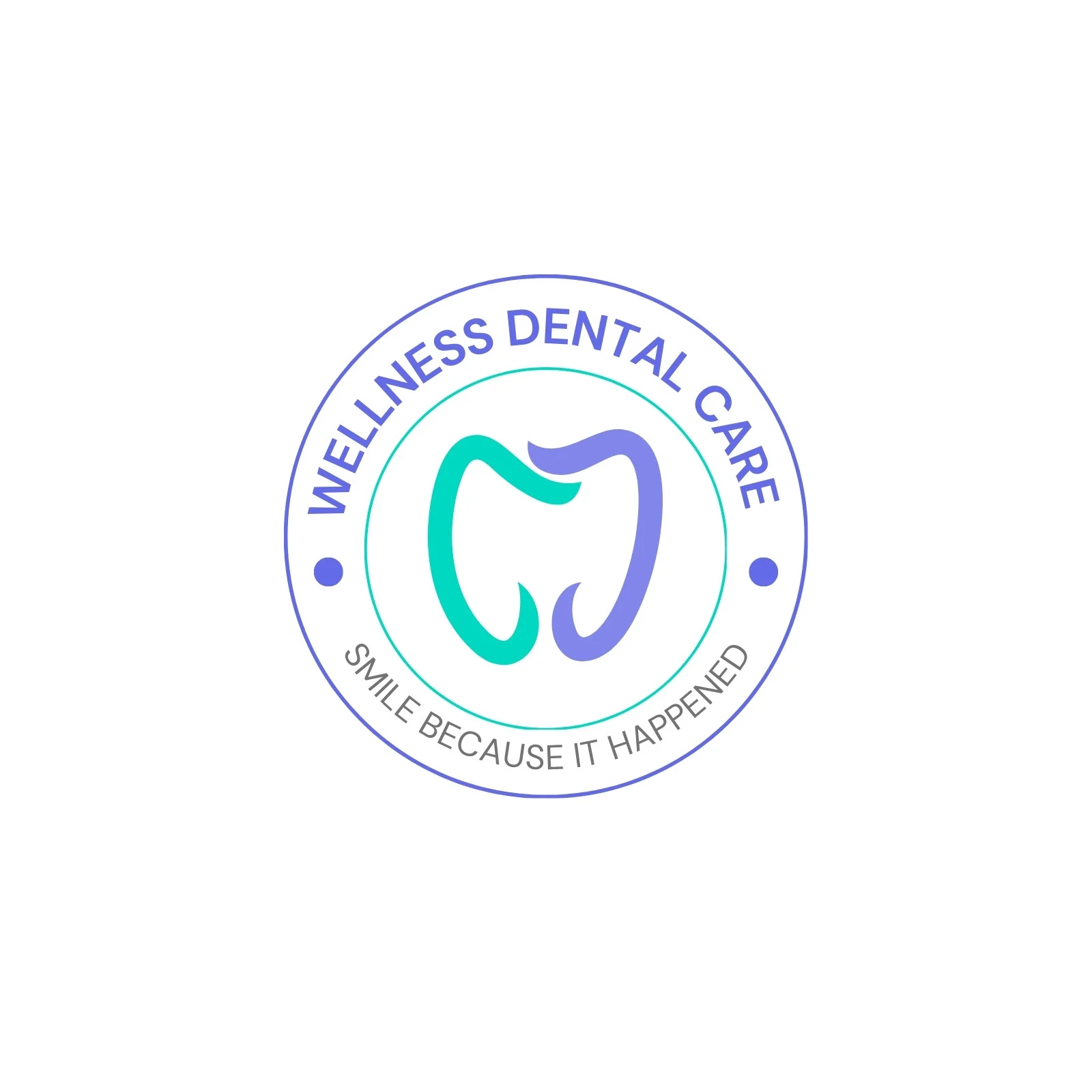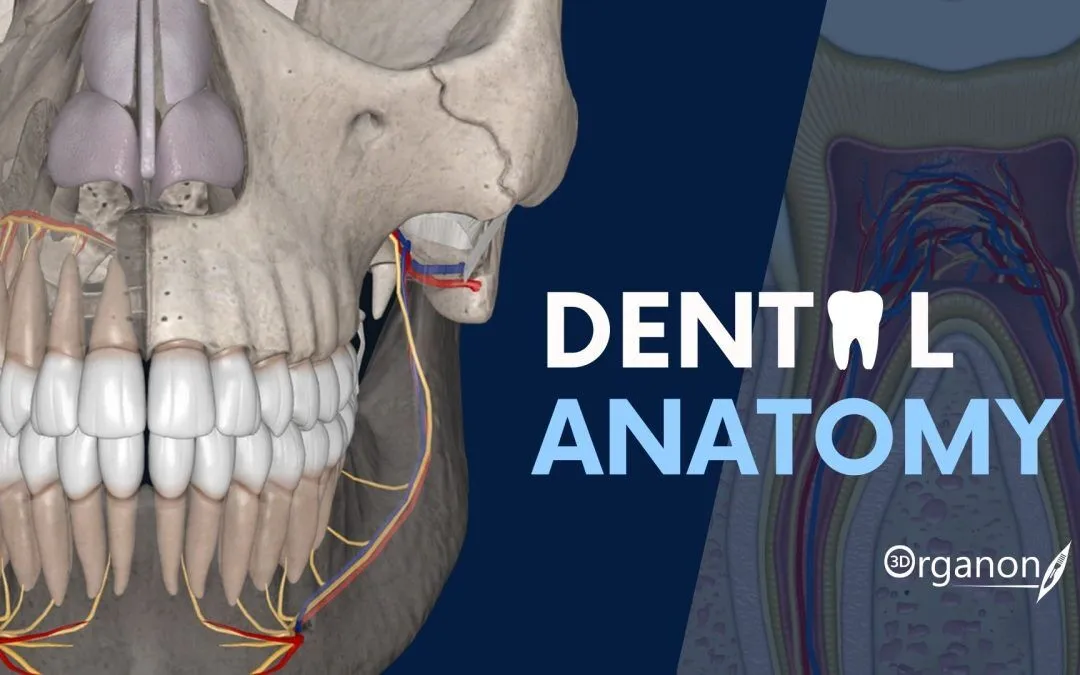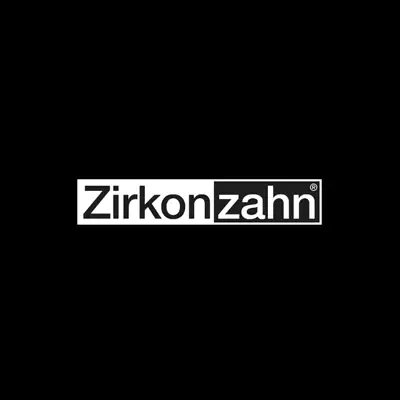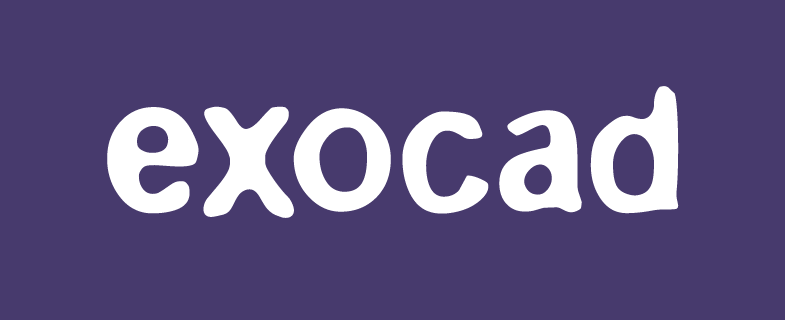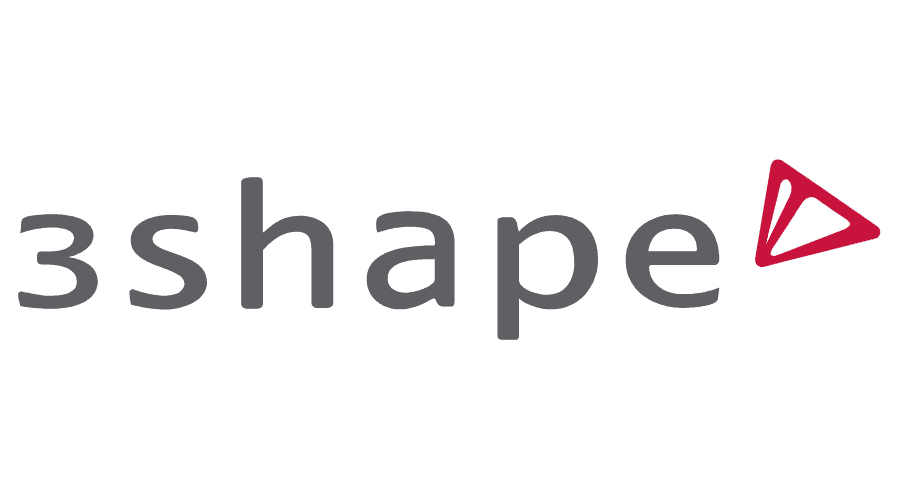HealthOne Community Edition (Dental) — Modular EMR with Dental Add-Ons
Context
HealthOne Community Edition (Dental) grew out of a broader open-source EMR and later gained dedicated dental modules. It is not built as a “dental-only” platform but rather as a flexible framework where oral health sits alongside general patient data. That makes it useful in settings where medical and dental care overlap — for example, teaching hospitals or NGO projects. The system is free to use and maintained by a distributed community instead of a single vendor. This means fewer licensing headaches, though administrators need to be ready for more hands-on configuration and support.
Technical Profile
| Area | Details |
| Platform | Runs on Windows or Linux; SQL backend with web client |
| Dental focus | Odontograms, procedure notes, scheduling, billing |
| Core modules | Patient registry, encounters, prescriptions, imaging links, reports |
| Interop | HL7/FHIR protocols, CSV/XML export; basic PACS integration |
| Imaging | Relies on patient ID references to external PACS or file storage |
| Security | Role-based access, audit trail, HTTPS encryption |
| Multisite | Database replication supports multi-clinic setups |
| Backup/DR | SQL dumps and filesystem copies; compatible with rsync/restic |
| Licensing | GPL open-source; no per-seat or per-user charges |
Scenarios (Dental-Specific)
– A university clinic enables the dental extensions so students can chart odontograms and write treatment notes while still seeing the patient’s full health record.
– A rural practice uses HealthOne as a combined EMR, tracking blood pressure and prescriptions alongside oral treatments.
– An NGO runs it on a low-cost server, linking dental records with panoramic x-ray references stored externally.
Workflow (Admin View)
1. Deploy HealthOne on a Windows or Linux host with a properly secured SQL backend.
2. Create user groups (dentists, assistants, administrators) and enforce password policies.
3. Turn on dental modules such as odontogram templates, procedure catalogs, and billing codes.
4. Configure appointment types to match local practice needs.
5. Link patient IDs with external imaging (PACS, CBCT, or simple file folders).
6. Schedule regular database dumps; replicate to a secondary server for disaster recovery.
7. Keep the system updated by applying patches from the community repository.
Strengths / Weak Points
Strengths
One system covers both dental and general healthcare records.
Free licensing, no per-user restrictions.
Interoperability through HL7/FHIR, good fit for integrated environments.
Can scale to multiple clinics with replication.
Weak Points
Requires more admin skill than commercial systems.
Imaging support is minimal without external tools.
Community support may lag behind enterprise vendors.
Interface feels dated compared to polished commercial EMRs.
Why It Matters
In many clinics, oral health cannot be separated from general patient care. HealthOne Community Edition (Dental) makes it possible to keep both sides of the record in one open-source platform. It is not the most polished solution, but for universities, NGOs, or practices that want freedom from vendor lock-in, it offers a realistic path. It gives administrators transparency and control while still covering the essentials: patient charts, odontograms, and scheduling. For organizations willing to trade a bit of convenience for flexibility, it fills an important role.








